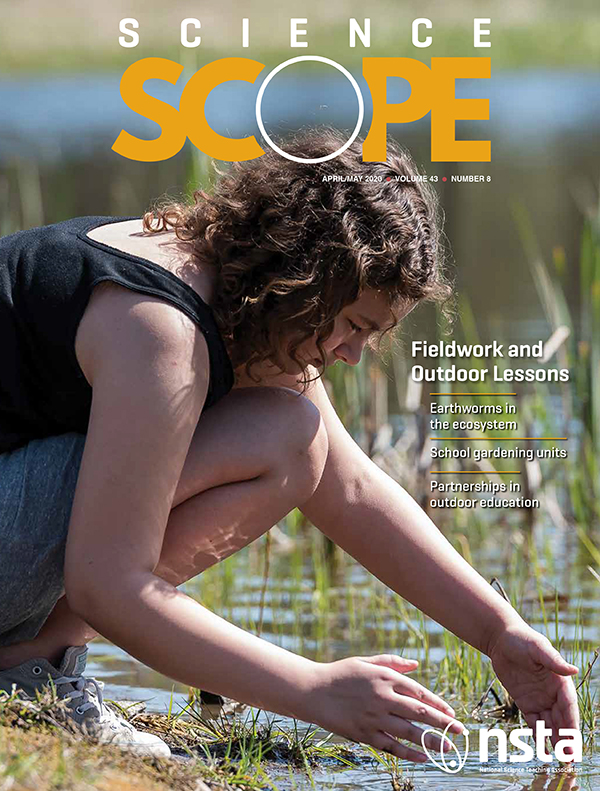Novel Engineering, K–8: An Integrated Approach to Engineering and Literacy
With the Novel Engineering approach, “students become excited about what they are reading, writing, designing, and building! This excitement in turn helps them make strides in engineering and literacy, as well as in their abilities to work together, think creatively and analytically, and communicate their ideas.”
—from Chapter 1 of Novel Engineering
With the Novel Engineering approach, “students become excited about what they are reading, writing, designing, and building! This excitement in turn helps them make strides in engineering and literacy, as well as in their abilities to work together, think creatively and analytically, and communicate their ideas.”
—from Chapter 1 of Novel Engineering





 You’ve set classroom norms for student discussion, but how do you get ALL students to start talking? We’ll explore the different ways you can support students in partner, small group and whole class discussion using the science and engineering practices as starting point.
You’ve set classroom norms for student discussion, but how do you get ALL students to start talking? We’ll explore the different ways you can support students in partner, small group and whole class discussion using the science and engineering practices as starting point.

